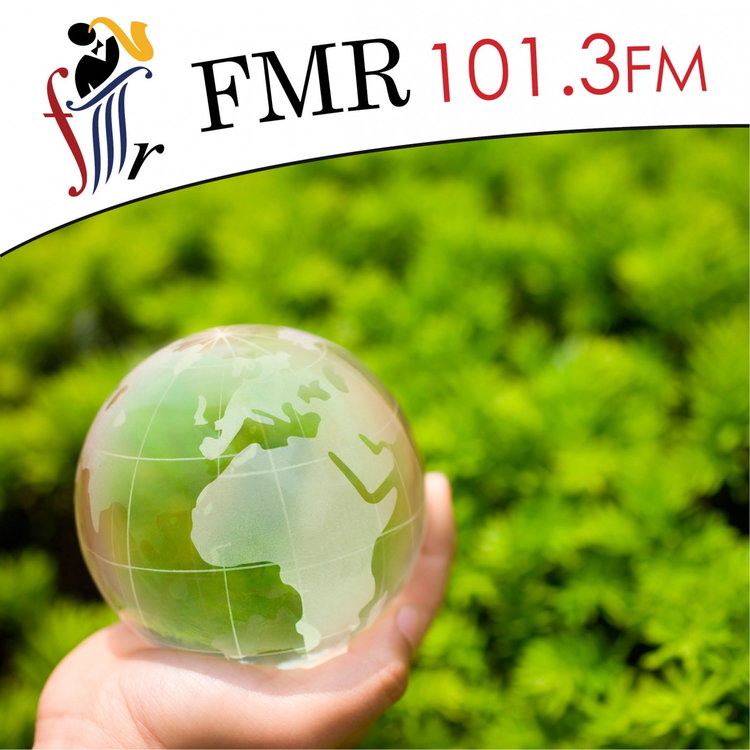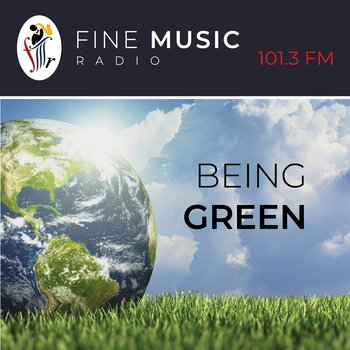
Being Green - 05 January 2018
Loading player...
The Drought Charge drought.charge@capetown.gov.za
I’m sorry to start the B G year off with Water, but as this will be a dominant topic in the next little while, and since I am freshly returned from water-rich Gauteng, well, I can’t think of a reason not to. Water-rich Gauteng – not really, there are severe demands on resources in Gauteng, but there have been reasonable rains and the water management has been integrated to some extent. The Gautengers nod their heads and cluck sympathetically, adding “we have restrictions too you know.”
But the itch on the part of Western-Capers to comment on the ridiculous water consumption profligacy of Gautengers has already led to some incipient fisticuffs, not confirmed in the media – but everyone has their stories, and the heroes and villains are entirely defined by the observer’s allegiance. I found myself biting back remarks about my very generous hosts’ water conserving habits or lack of them, while enjoying the green swathes of grass on the reserves and parks of the JMB. Hard to be serious about water conservation when the regional Gauteng dams are 76 percent full on average.
How does the City of Cape Town plan to bring nearly 200 million additional litres per day online by the end of the month? Nathan Geffen and Aidan Jones, writing on the Groundup blog a month ago remarked that there are seven projects lined up. These are designated by the Council: Monwabisi, Strandfontein, the V&A Waterfront, and Cape Town Harbour desalination plants; the Atlantis and Cape Flats Aquifer projects; and the Zandvliet water recycling project. It’s highly unlikely that these projects will be completed ahead of schedule.
I’m sorry to start the B G year off with Water, but as this will be a dominant topic in the next little while, and since I am freshly returned from water-rich Gauteng, well, I can’t think of a reason not to. Water-rich Gauteng – not really, there are severe demands on resources in Gauteng, but there have been reasonable rains and the water management has been integrated to some extent. The Gautengers nod their heads and cluck sympathetically, adding “we have restrictions too you know.”
But the itch on the part of Western-Capers to comment on the ridiculous water consumption profligacy of Gautengers has already led to some incipient fisticuffs, not confirmed in the media – but everyone has their stories, and the heroes and villains are entirely defined by the observer’s allegiance. I found myself biting back remarks about my very generous hosts’ water conserving habits or lack of them, while enjoying the green swathes of grass on the reserves and parks of the JMB. Hard to be serious about water conservation when the regional Gauteng dams are 76 percent full on average.
How does the City of Cape Town plan to bring nearly 200 million additional litres per day online by the end of the month? Nathan Geffen and Aidan Jones, writing on the Groundup blog a month ago remarked that there are seven projects lined up. These are designated by the Council: Monwabisi, Strandfontein, the V&A Waterfront, and Cape Town Harbour desalination plants; the Atlantis and Cape Flats Aquifer projects; and the Zandvliet water recycling project. It’s highly unlikely that these projects will be completed ahead of schedule.

